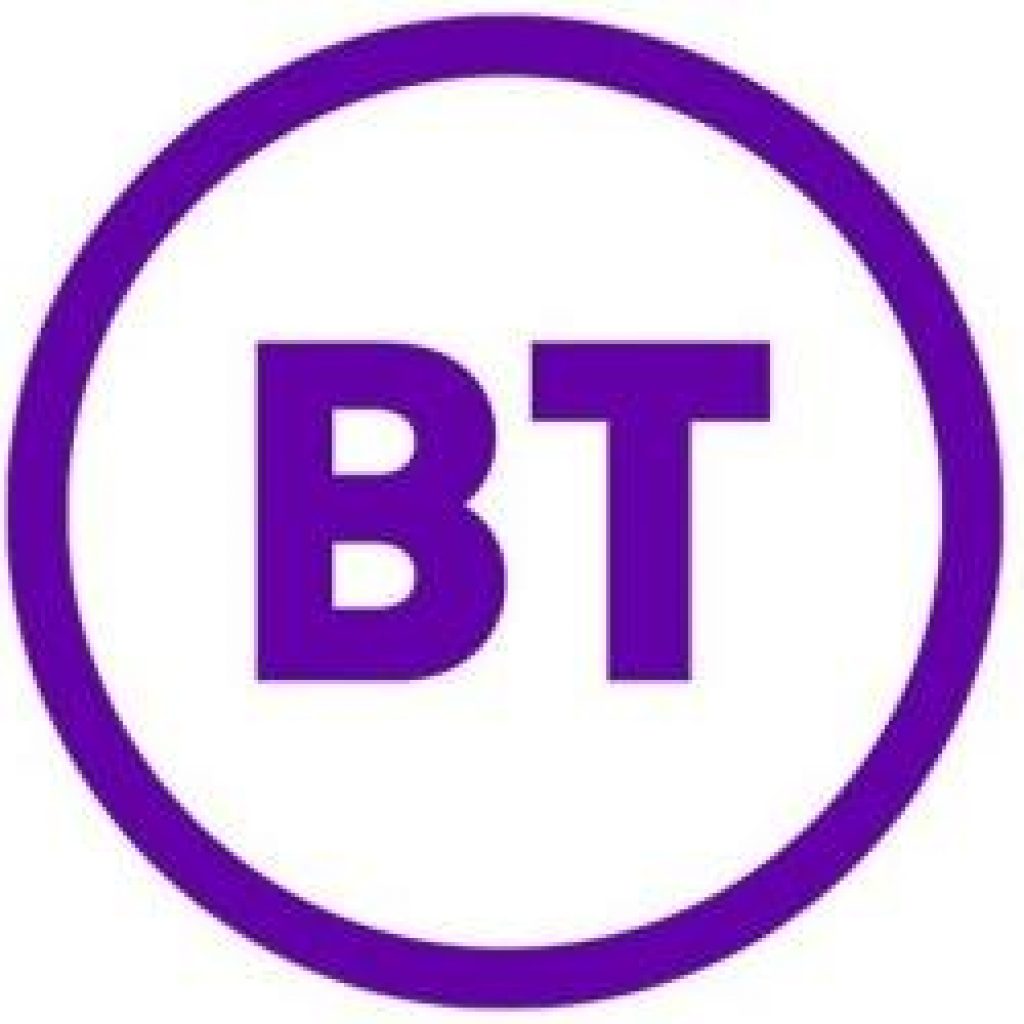(CapacityMedia) BT has completed ‘the world’s first’ trial of quantum key distribution (QKD), a type of ultra-secure communications, over hollow core fibre cable.
The company partnered Lumenisity Limited, a spin-out of Southampton University, for the trial and follows BT’s trials of Nested Anti-Resonant Nodeless Fibre (NANF) hollow core fibre.
BT announced the launch of its hollow core fibre trials at the BT Labs in Ipswich back in June of this year. The hollow core fibre trials used cable developed and manufactured by Lumenisity to address the need for high-speed transactions and bandwidth increases in advanced communications systems.
“This is an exciting milestone for BT, accelerating the UK’s lead in quantum technologies that will play an important role in future communications systems globally,” said Professor Andrew Lord, head of optical netwo
“We’ve proven a range of benefits that can be realised by deploying hollow core fibre for quantum-secure communication. Hollow core fibre’s low latency and ability to send QKD over a single fibre with other signals is a critical advancement for the future of secure communications.”
In the latest trial, BT researchers operated a QKD system using commercial equipment over a 6km-long Lumenisity CoreSmart cable with a hollow, air-filled centre, which benefits from reduced latency and no appreciable crosstalk, which is the effect of a transmitted signal interfering with the transmission of another signal.
“We are excited to be identifying new applications for our field deployable CoreSmart cable solutions and working with the BT team on the first trial in the world of this kind,” said Tony Pearson, VP of sales and marketing at Lumenisity.
“This milestone further accentuates not just the capability of our hollow core cable solutions, offering low latency and high bandwidth, but also demonstrating the potential CoreSmart has in new applications thanks to ultra low non-linearity and dispersion across a broad spectrum, perfect for networks operated by our Carrier partners.”
BT Trials Quantum Communications on Hollow Core Fibre
